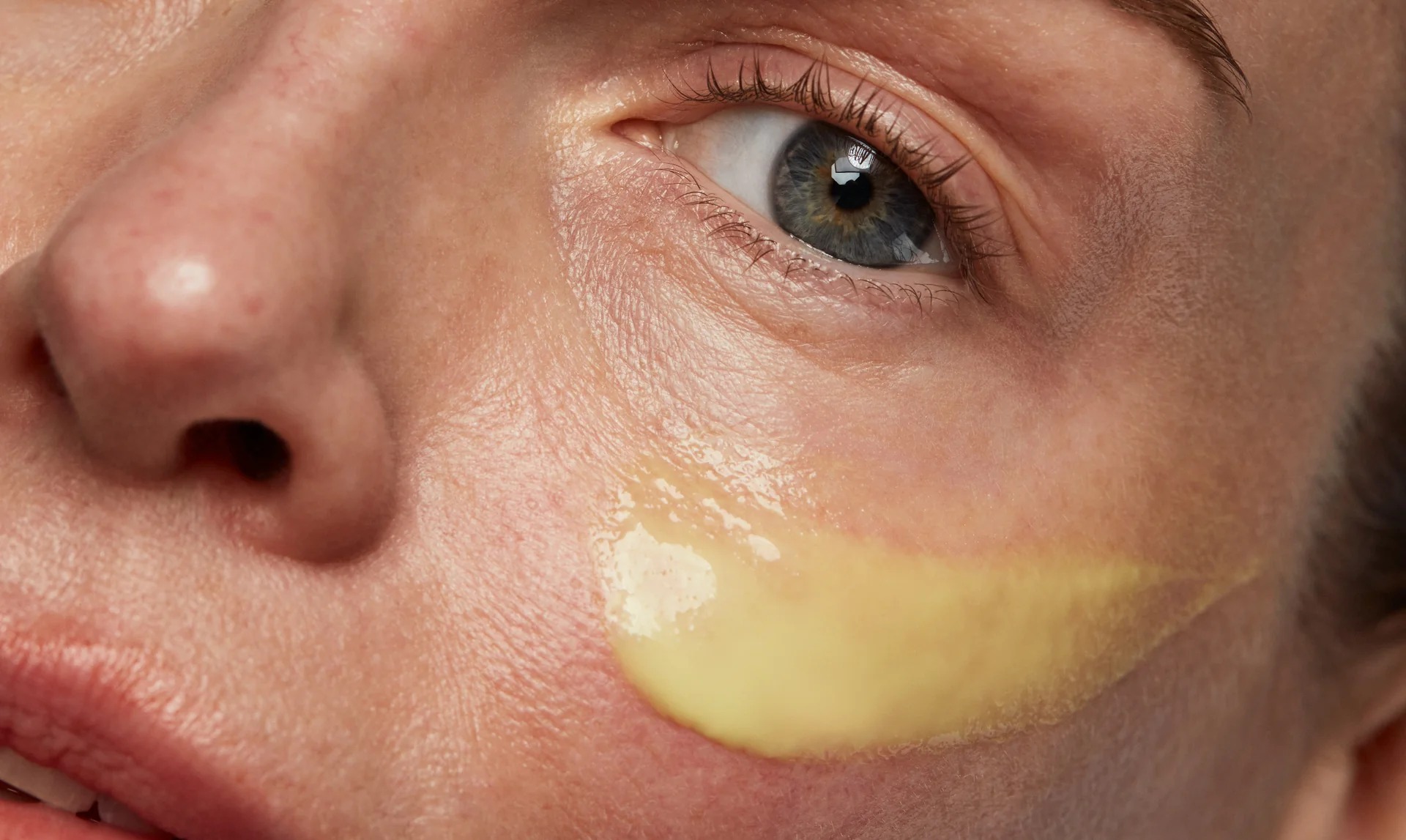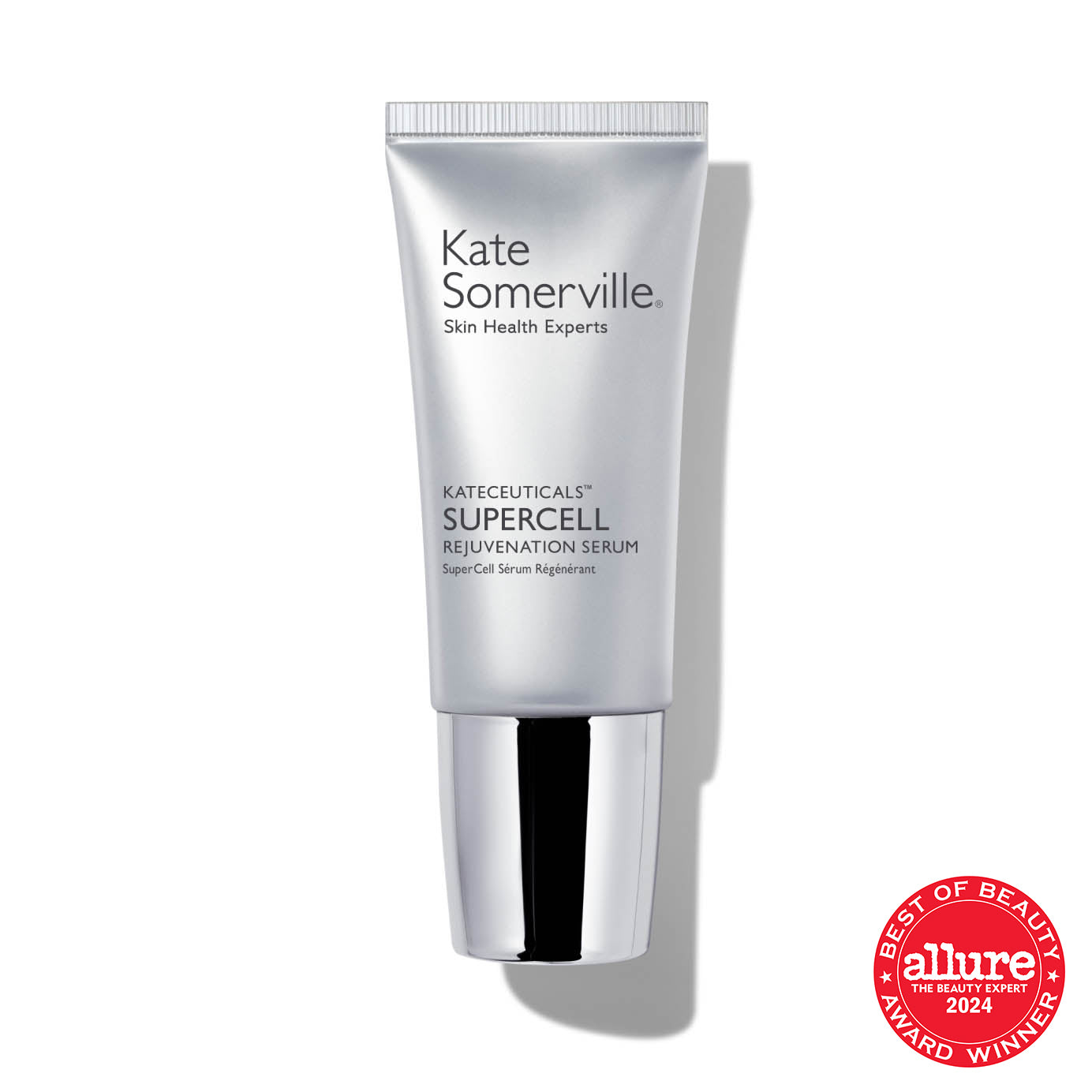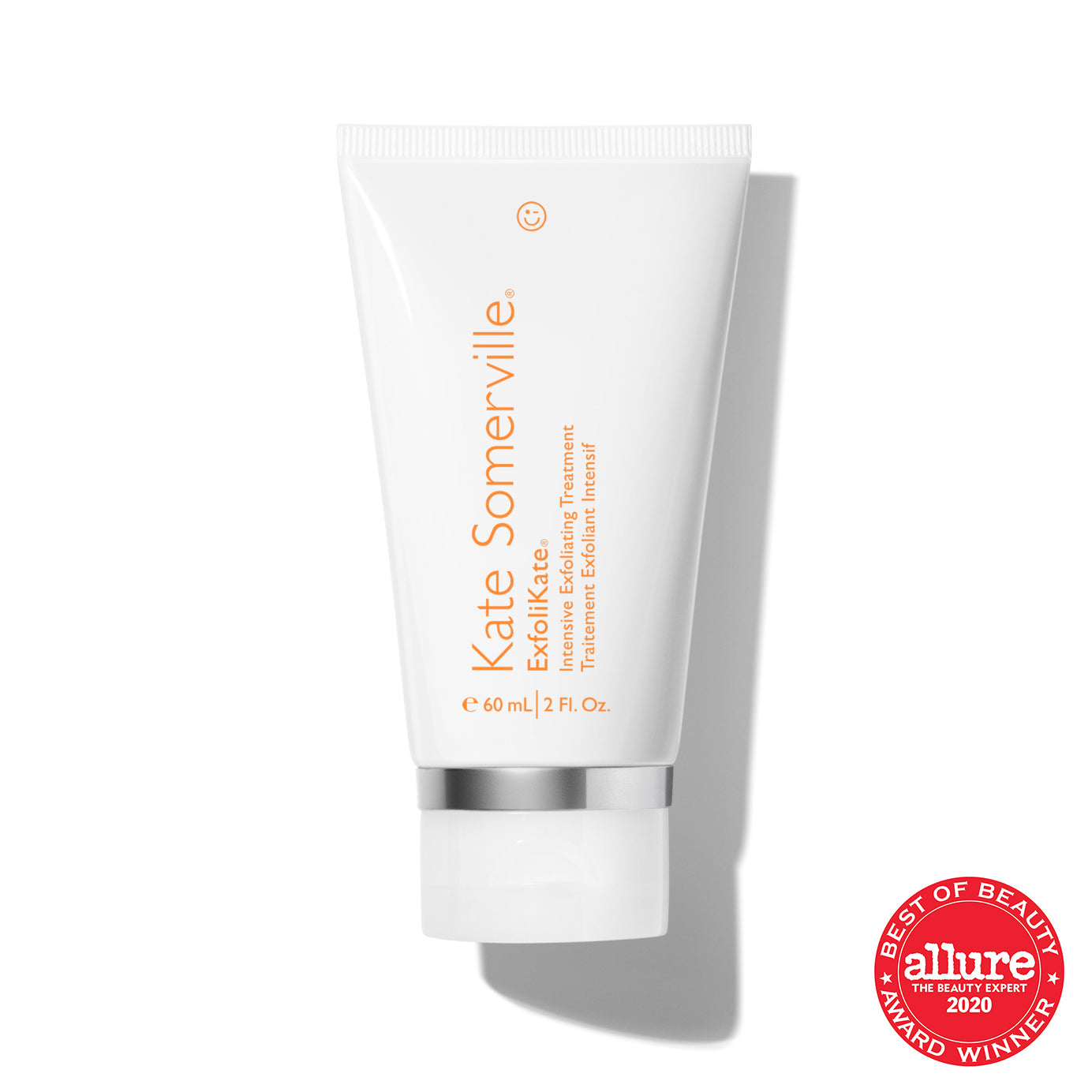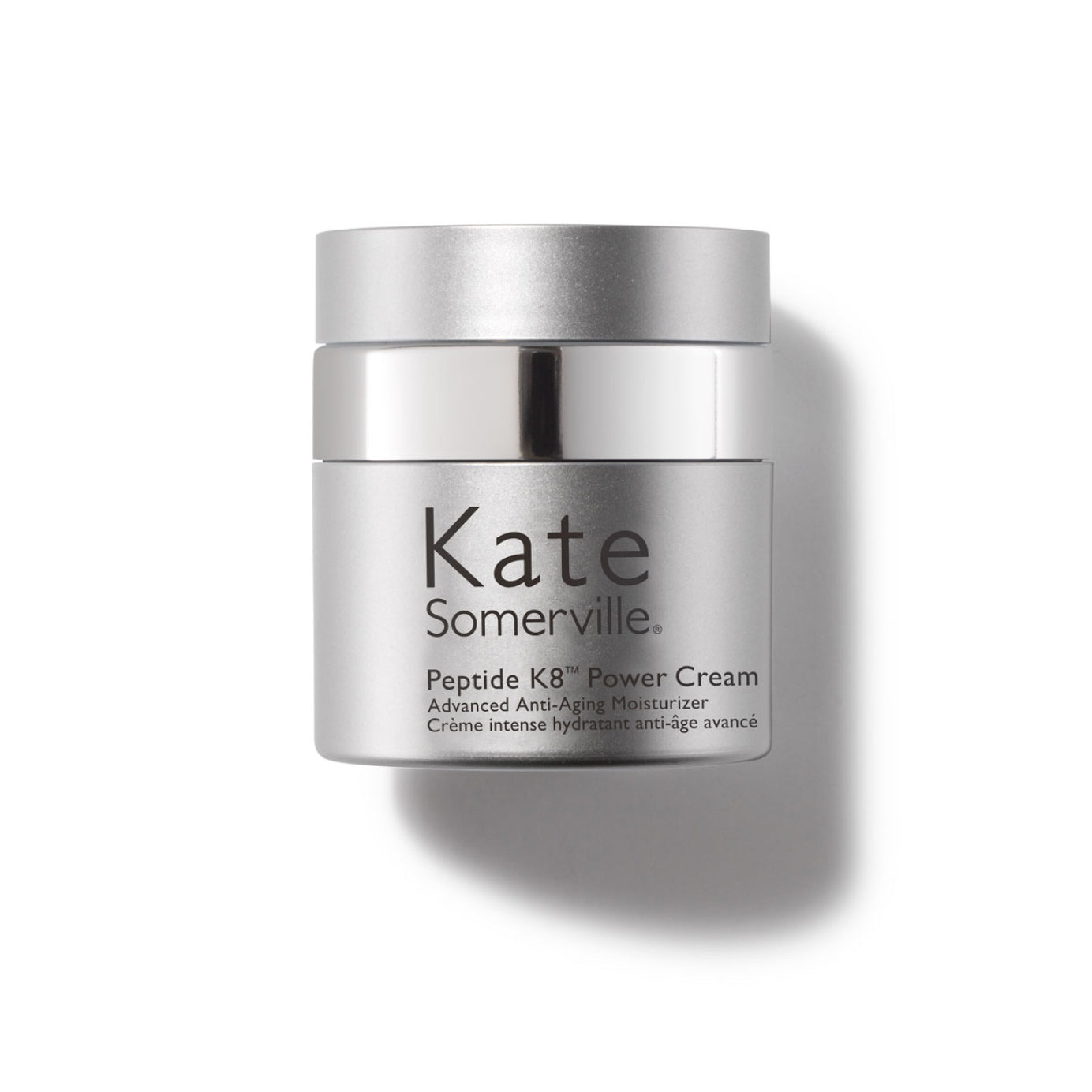
Ingredients
What is Retinol? Breaking Down the Key Benefits
One ingredient commonly used in skincare products, anti-aging cream, is retinol. So what exactly is retinol? And how does ...
Looks like your bag is empty.
Start shopping!
Back in stock
Our JUMBO ExfoliKate Cleanser Daily Foaming Wash is back in stock! Get more, save more, glow more.
Our JUMBO ExfoliKate Cleanser Daily Foaming Wash is back in stock! Get more, save more, glow more.
Kate somerville skincare
For over 20 years, Kate Somerville Skincare has delivered cutting-edge skin treatments + clinical-grade products that make so-called “impossible” skin goals possible.
We’re your Clinical-Grade Expert + Skincare Bestie rolled into one. Nice to meet you!
For over 20 years, Kate Somerville Skincare has delivered cutting-edge skin treatments + clinical-grade products that make so-called “impossible” skin goals possible.
We’re your Clinical-Grade Expert + Skincare Bestie rolled into one. Nice to meet you!

“Healthy skin is not vanity or privilege – it is every person's right. Whether you've never had it or you want it back, it's my goal to make healthy, radiant skin your reality.”
Kate Somerville, Founder
Unlock Long-Term Skin Health
Quick evaluation to define skin needs
Customized product recommendations
Option for AI-powered skin analysis
Radiant + healthy skin awaits!
These independent clinical studies speak for themselves.


Saw highly significant improvement in skin texture after just 1 use.
ExfoliKate® Intensive Exfoliating Treatment
The Blog